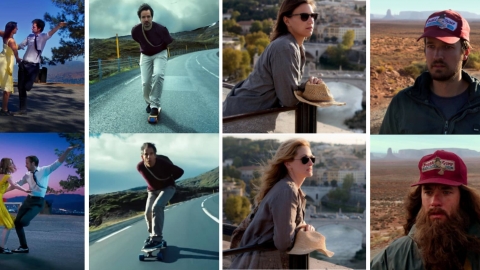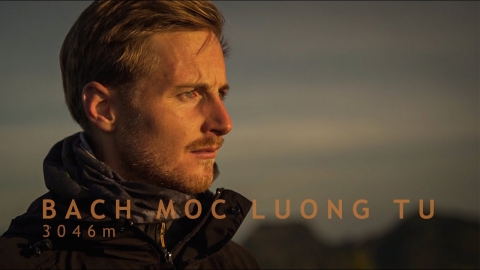Titane (2021)
On July 17th, the 74th Cannes Film Festival concluded with Julia Ducournau's Titane winning the Palme d'Or. This marks the second time the festival's top prize has gone to a female director. Titane's victory also continues Cannes' spirit: unafraid to celebrate shocking films with extreme styles, films that often use elements of violence, torture, and extreme sexual themes.
The film industry is eagerly awaiting Julia Ducournau's new work after Raw (2016) - a film about cannibalistic pleasure that left audiences stunned in theaters. Titane is yet another shock from the French director.
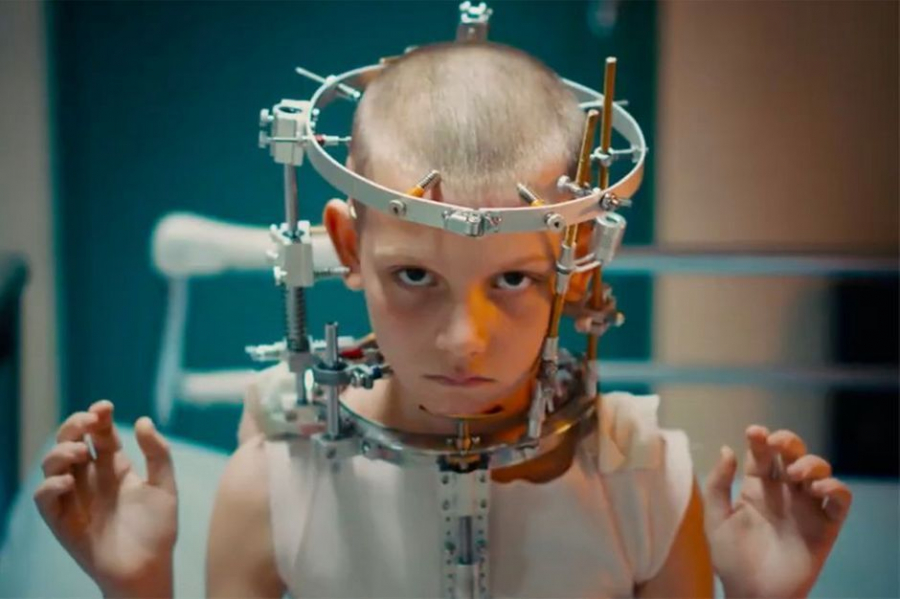
The film revolves around Alexia (Agathe Rouselle), a girl who was in a car accident and had a titanium plate implanted in her head. As she grows up, she becomes a pornographic dancer and car model. Alexa develops a strange fascination with cars, even becoming pregnant with a Cadillac. Then, a series of murders occur, and Alexa is constantly on the run from the police.

The film's intense sex scenes and violence shocked viewers. According to the Daily Mail, many audience members covered their eyes during the premiere. However, critics praised the film, giving it a 95% positive rating on Rotten Tomatoes.
The film divided critics into two camps, supporters and detractors, but the jury decided to award Titane the most prestigious prize at the Cannes Film Festival.
Blue is the warmest color (2013)
Blue Is The Warmest Colour is a romantic film about a same-sex love story between two women, Emma and Adèle, based on the graphic novel of the same name by French author Julie Maroh. The film received widespread acclaim and won the most prestigious award at the Cannes Film Festival. The two stars, Adèle Exarchopoulos and Léa Seydoux, also received the Palme d'Or.

But just a week later, writer Julie Maroh unexpectedly criticized the film as "ridiculous" and "pornographic." She regretted giving the director complete freedom to do as he pleased. She argued that the film was a "cruel and cold display of homosexual sex, like a pornographic film."
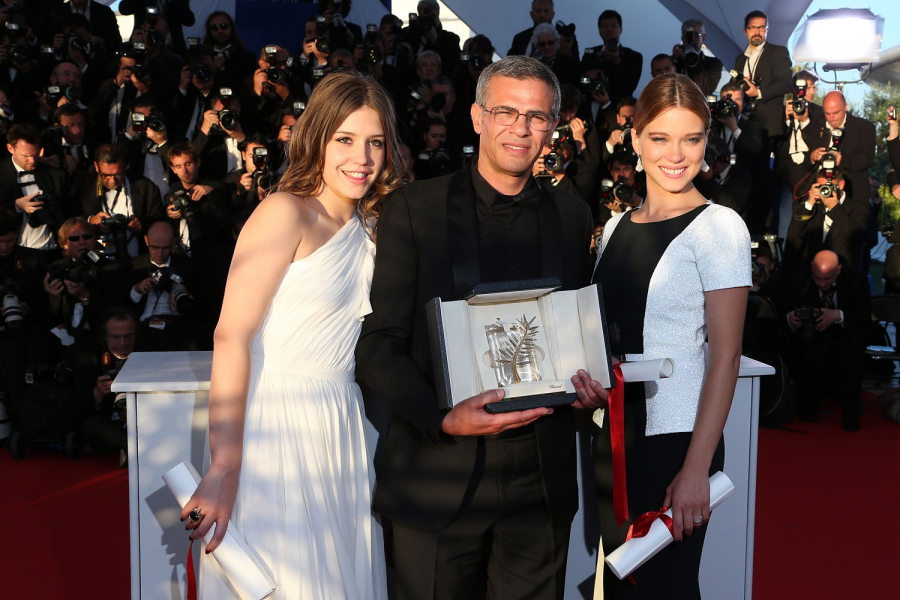
The flames of criticism spread and intensified when the two lead actresses spoke out, alleging abuse throughout the filming process. Adèle Exarchopoulos and Léa Seydoux stated that they were exploited for five and a half months, although they initially thought it would only be two months. The two actresses said they were not allowed to use body doubles for the intimate scenes and had to perform those scenes continuously for 10 days until the director was satisfied. They were even forced to hit their co-stars hard to create a sense of realism for the film.
Fahrenheit 9/11 (2004)
Throughout its 74-year history, Cannes has seemingly shown little interest in documentaries. But in 2004, director Michael Moore's political film, Fahrenheit 9/11, became the first documentary to win the festival's honors since 1956.
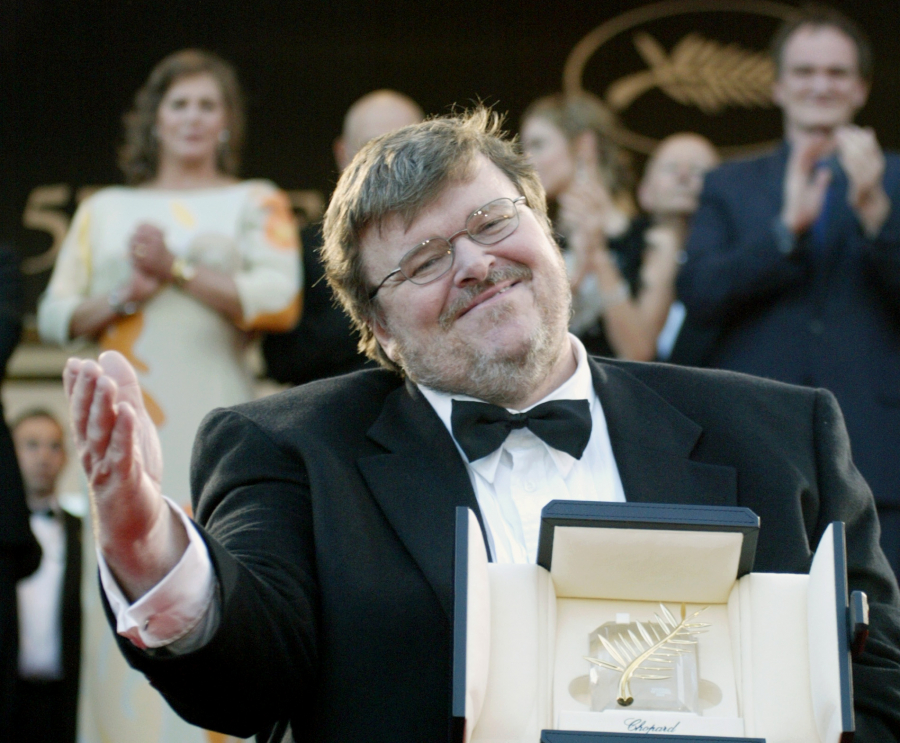
The film received nearly 20 minutes of applause and was awarded the Palme d'Or by Quentin Tarantino. However, some still complain that Fahrenheit 9/11 was awarded the Palme d'Or based on Michael Moore's political views rather than the film's cinematic achievements.
Pulp Fiction (1994)
Pulp Fiction, a postmodern film and one of director Quentin Tarantino's best works, won the Palme d'Or at Cannes in 1994. However, this decision by the jury sparked intense debate.
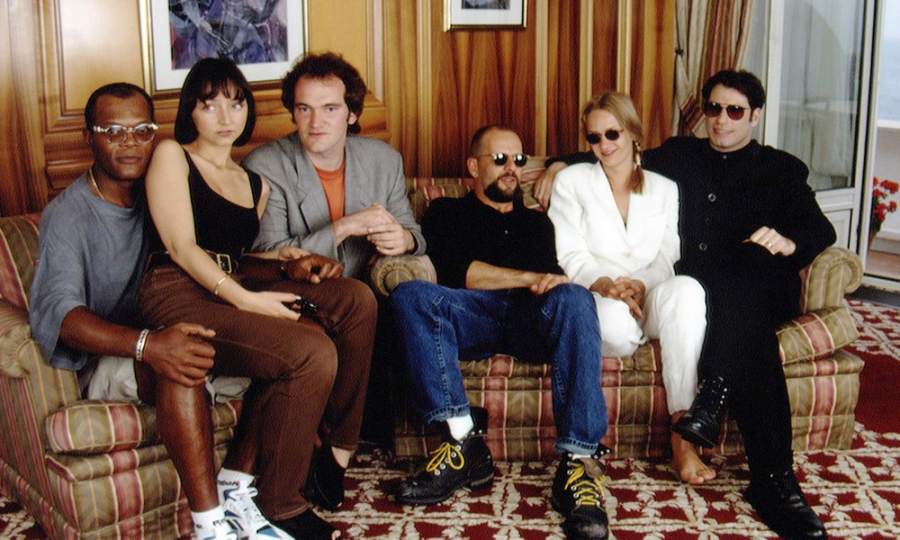
Many believed that the films competing at that year's festival included many impressive works such as La Heine Magot, Exotica, Burnt By The Sun, and especially the highly anticipated Three Colors: Red – a film in a trilogy inspired by the colors of the French flag by director Krzysztof Kieslowski. But the jury was drawn to an American-style crime film.
The Los Angeles Times wrote: "The award-winning film isn't necessarily the most admired film." Quentin Tarantino also stated: "I never expect to win or anything because I don't make the kind of films that bring people together."
Taxi driver (1976)
Martin Scorsese's masterpiece premiered at Cannes in 1976. The film's protagonist is a Vietnam War veteran, Travis Bickle, played by Robert De Niro. Travis's unstable mental state, coupled with the violent scenes, is particularly disturbing to viewers. The bloody climax sparked heated debates about the film's ethics.
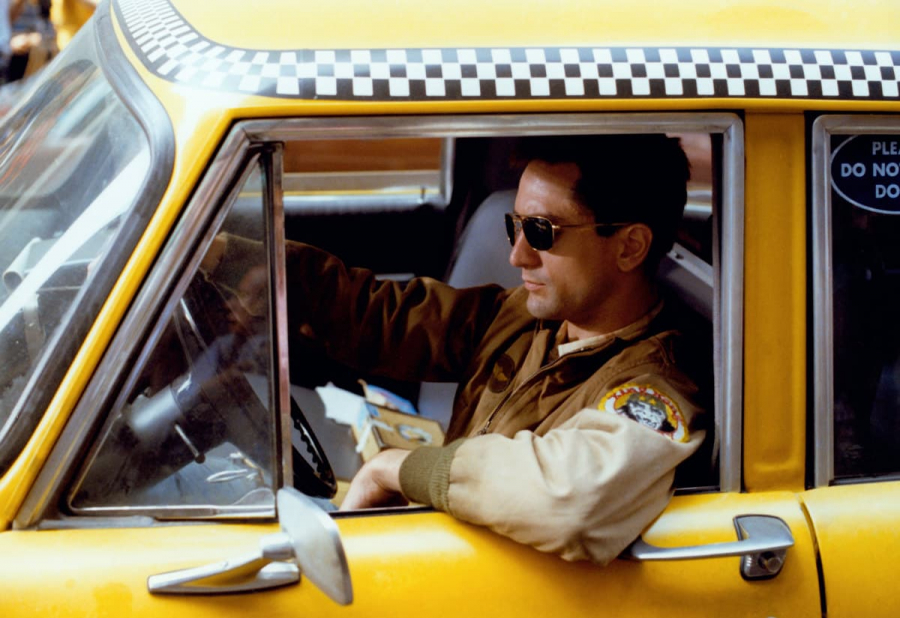
Tennessee Williams, president of the Cannes jury that year, publicly criticized the film. He told reporters: “Watching violence on screen is a brutal experience for the audience. Films shouldn’t take pleasure in prolonging horrific scenes of cruelty as if it were a scene from a Roman Colosseum.”
However, the Cannes jury could not deny the film's artistic merit, ultimately awarding the Palme d'Or to Taxi Driver. Producer Michael Phillips recalled, "Half the audience stood up and applauded. The other half booed." Director Scorsese did not face criticism or offer any explanations to critics upon receiving the award.
La Dolce Vita (1960)
Italian director Federico Fellini's La Dolce Vita, released in 1960, won the Palme d'Or at the Cannes Film Festival that same year. The film also received four Oscar nominations and was included in Empire magazine's list of the world's top 100 films. However, La Dolce Vita is also on the list of the most controversial films.
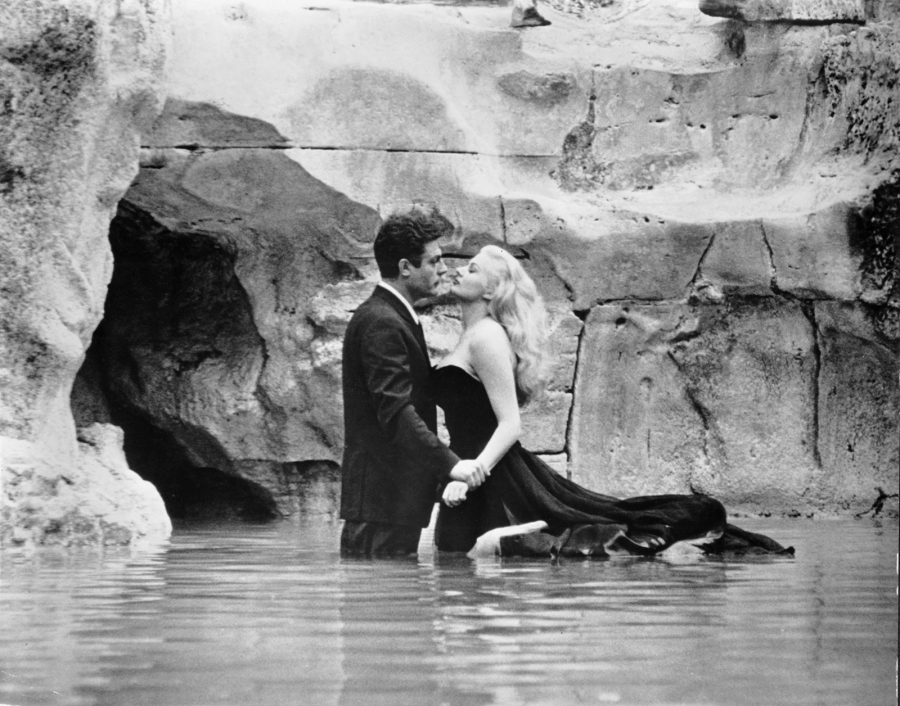
The film depicts the glamorous, almost insanely free lives of the Roman elite. The plot revolves around the main character, Marcello, a writer who abandons his literary dreams to become a reporter specializing in sensational and sensitive news stories. He seeks out women from all walks of life, approaches religious figures, and corrupt wealthy individuals to write news reports or gather material for his novels.
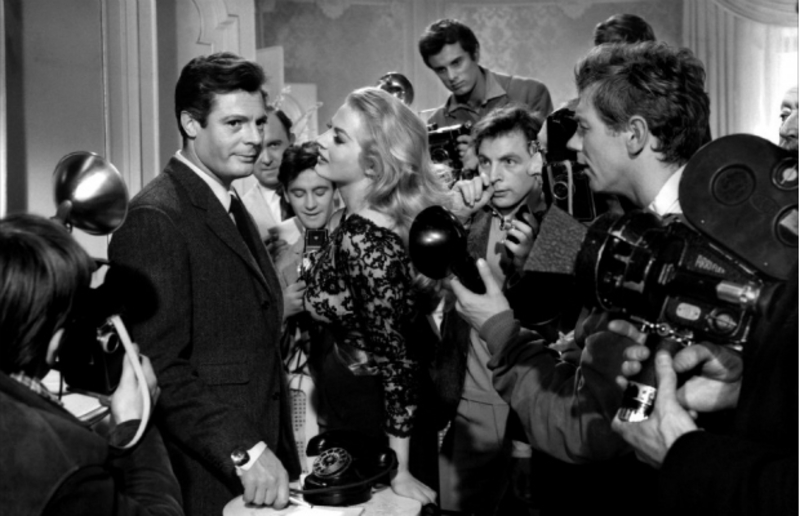
La Dolce Vita paints a colorful picture of life in a developing era, featuring people with complex personalities. However, it is controversial due to its new values that challenge Catholic moral principles. Beyond its contemporary content, the film is known for its suggestive and liberal scenes. The Catholic community found it difficult to accept the open views on sexuality, including the depiction of homosexuality. Particularly in the opening scene, a helicopter carrying a statue of Christ, to the astonishment and delight of the onlookers below, was considered offensive by many viewers.

 VI
VI EN
EN





















